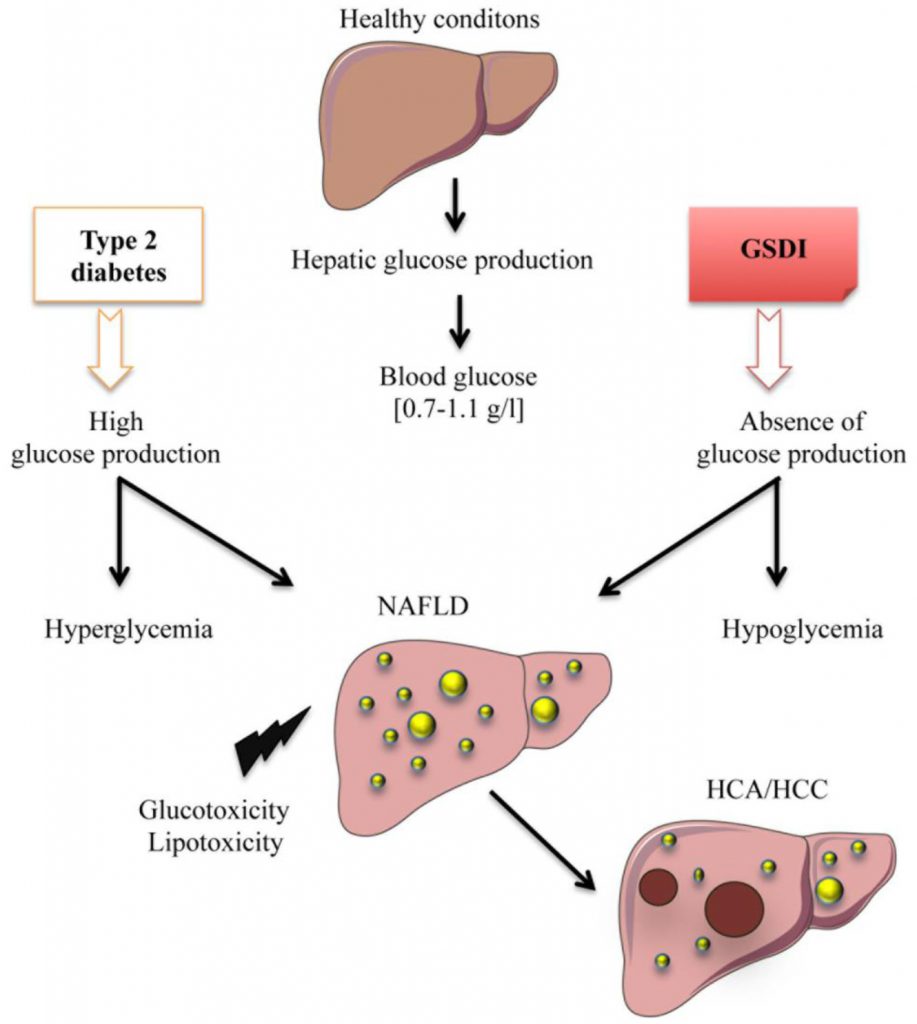본문
What maximizes your muscle positive factors? Muscle hypertrophy refers to the expansion and increase in muscle fiber measurement and results from a mix of physical exercise, nutrition, Healthy Flow Blood site and recovery. Resistance training is the first driver, with mechanical tension, muscle damage, and metabolic stress stimulating progress. Progressive overload, where weight, reps, or intensity are step by step elevated, ensures continued adaptation. Proper nutrition is vital, with adequate protein intake supporting muscle development and restore and carbohydrates providing energy and glycogen replenishment. A slight caloric surplus can enhance muscle progress and recovery for bodybuilders or individuals only desirous about muscle achieve. Finally, rest and restoration, together with adequate sleep, are essential for muscle restore and sustained muscle hypertrophy. How much protein do you have to eat to build muscle? Optimal protein intake for muscle acquire varies depending on an individual’s weight, activity stage, and overall goals. Research suggests that Healthy Flow Blood site people engaging in common resistance coaching or different types of train ought to devour 1.6-2.2 grams of protein per kilogram of physique weight per day.
 What the proposal of the ANLSH did was bring into focus the manner by which neurones obtain power substrate. Before describing this in detail it can be useful first to describe the gross properties of complete body power metabolism. The liver and skeletal muscles are the primary depots of glycogen within the body (Stryer, 1995). The skeletal muscle glycogen is used as a localized power source to fuel muscles, with the glycogen glycolytically metabolized to lactate, which is launched from the muscle into the systemic circulation as a waste product (Dalsgaard et al., 2004). Liver glycogen is metabolized in response to falling systemic blood glucose ranges and is released as glucose immediately into the systemic circulation in order to maintain normoglycemic concentrations of blood glucose (Tymoczko et al., 2015). Because the mind is exquisitely sensitive to decreases in blood glucose (Frier et al., 2014), the function of the liver glycogen may be thought-about as maintaining an satisfactory delivery of glucose to the mind; the supply of glucose to different organs is a consequence of the systemic circulation.
What the proposal of the ANLSH did was bring into focus the manner by which neurones obtain power substrate. Before describing this in detail it can be useful first to describe the gross properties of complete body power metabolism. The liver and skeletal muscles are the primary depots of glycogen within the body (Stryer, 1995). The skeletal muscle glycogen is used as a localized power source to fuel muscles, with the glycogen glycolytically metabolized to lactate, which is launched from the muscle into the systemic circulation as a waste product (Dalsgaard et al., 2004). Liver glycogen is metabolized in response to falling systemic blood glucose ranges and is released as glucose immediately into the systemic circulation in order to maintain normoglycemic concentrations of blood glucose (Tymoczko et al., 2015). Because the mind is exquisitely sensitive to decreases in blood glucose (Frier et al., 2014), the function of the liver glycogen may be thought-about as maintaining an satisfactory delivery of glucose to the mind; the supply of glucose to different organs is a consequence of the systemic circulation.
Ames, A. (2000). Third, CNS vitality metabolism as related to perform. Bachelard, H. S., Cox, D. W., and Drower, J. (1984). Sensitivity of guinea-pig hippocampal granule cell area potentials to hexoses in vitro: an effect on cell excitability? J. Physiol. Bak, L. K., Walls, A. B., Schousboe, Healthy Flow Blood site A., and Waagepetersen, H. S. (2018). Astrocytic glycogen metabolism in the Healthy Flow Blood and diseased brain. Baltan Tekkök, S., Brown, A. M., and Ransom, B. R. (2003). Axon operate persists during anoxia in mammalian white matter. J. Cereb. Blood Healthy Flow Blood Metab. Barros, L. F. (2013). Metabolic signaling by lactate in the brain. Bittner, C. X., Loaiza, A., Ruminot, I., Larenas, V., Sotelo-Hitschfeld, T., Gutierrez, R., et al. 2010). High resolution measurement of the glycolytic rate. Bliss, T. V., and Lomo, T. (1973). Long-lasting potentiation of synaptic transmission in the dentate space of the anaesthetized rabbit following stimulation of the perforant path. Bloom, W., and Fawcett, D. W. (1968). A Textbook of Histology.
It additionally draws on sugar saved as glycogen in your muscles and liver. This is the reason your Healthy Flow Blood sugar stage tends to drop during a workout. It’s common for blood sugar to proceed to drop for a number of hours after exercise, too. If your blood sugar stage drops to 70 mg/dL (3.9 mmol/L) or lower, it’s often known as low blood sugar, or hypoglycemia. Usually, hypoglycemia will be treated by eating or drinking fast-performing carbohydrates. In severe cases, hypoglycemia must be handled with a remedy often called glucagon. When you are taking a dose of insulin, it signals the cells in your muscles, liver, and fat to absorb sugar out of your bloodstream. This helps prevent your blood sugar from getting too high once you eat. Exercising can also cause your blood sugar to drop. That’s why it’s important to coordinate your insulin intake with your meals, snacks, and workouts. To assist forestall low blood sugar during and after workouts, your doctor or diabetes educator would possibly advise you to cut back your insulin intake on days whenever you exercise.
Khattak, Zoia E.; Ashraf, Healthy Flow Blood site Muddasir (January 2022). McArdle Disease. Treasure Island, Florida (FL): StatPearls Publishing. Rodríguez-Gómez, I.; Santalla, A.; Díez-Bermejo, J.; Munguía-Izquierdo, D.; Alegre, L. M.; Nogales-Gadea, G.; Arenas, J.; Martín, M. A.; Lucía, A.; Ara, I. (November 2018). "Non-osteogenic muscle hypertrophy in youngsters with McArdle disease". Journal of Inherited Metabolic Disease. Blenda, Anna V.; Chosed, Renee J.; Windle, Mary L.; Descartes, Maria; Curto, Lynne I; Kaye, Edward (four Aug 2008). "Genetics of Glycogen Storage Disease Type VI (Hers Disease)". Goldman, Lee; Schafer, Andrew (2012). Goldman's Cecil drugs (twenty fourth ed.). Reference, Genetics Home. "Phosphoglycerate mutase deficiency". Altassan, Ruqaiah; Radenkovic, Silvia; Edmondson, Andrew C.; Barone, Rita; Brasil, Sandra; Cechova, Anna; Coman, David; Donoghue, Sarah; Falkenstein, Kristina; Ferreira, Vanessa; Ferreira, Carlos; Fiumara, Agata; Francisco, Rita; Freeze, Hudson; Grunewald, Stephanie (January 2021). "International consensus tips for phosphoglucomutase 1 deficiency (PGM1-CDG): Diagnosis, follow-up, and management". Journal of Inherited Metabolic Disease. 44 (1): 148-163. doi:10.1002/jimd.12286. Preisler, Nicolai; Cohen, Jonathan; Vissing, Christoffer Rasmus; Madsen, Karen Lindhardt; Heinicke, Katja; Sharp, Lydia Jane; Phillips, Lauren; Romain, Nadine; Park, Sun Young; Newby, Marta; Wyrick, Phil; Mancias, Pedro; Galbo, Henrik; Vissing, John; Haller, Ronald Gerald (November 2017). "Impaired glycogen breakdown and synthesis in phosphoglucomutase 1 deficiency".

댓글목록
등록된 댓글이 없습니다.

